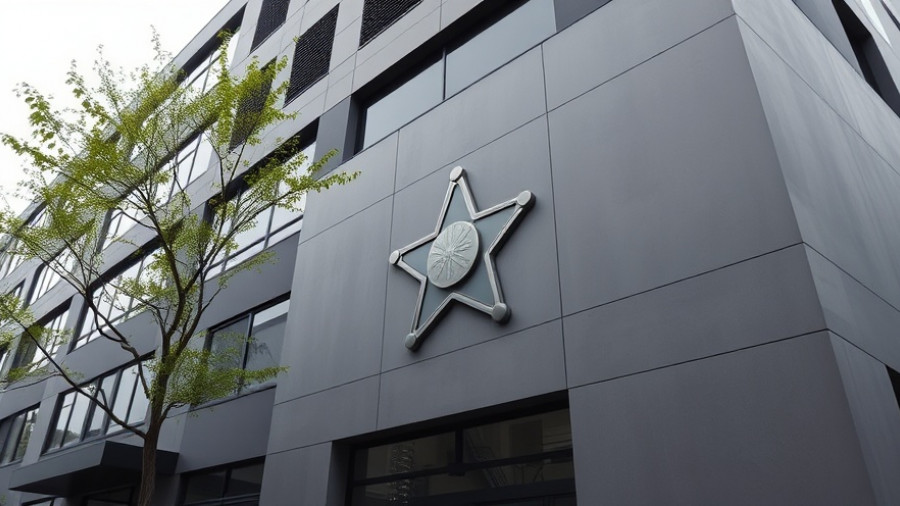
Alarming Development in SF Jail: Deputy Fired for Alleged Sexual Assault
In a troubling incident that has captured the attention of the San Francisco community, a sheriff’s deputy has been fired due to allegations of sexual assault against a trans woman prisoner at SF County Jail. This incident, reported on September 19, has raised significant concerns regarding the treatment of vulnerable individuals within the criminal justice system, particularly those identifying as transgender.
The Definitions: Sexual Misconduct vs. Sexual Assault
While the San Francisco Sheriff’s Office has referred to the case as "sexual misconduct," the Public Defender’s Office has labeled it as a "nonconsensual" sexual assault. This disparity in terminology highlights the complex and often sensitive nature of sexual crimes in correctional facilities. Trans women, who are already at heightened risk, face specific vulnerabilities in jail environments, underscoring the urgent need for safeguarding their rights and wellbeing.
Understanding the Context: Rights of Transgender Individuals
The case underscores systemic issues surrounding the rights of transgender individuals in jails and prisons. According to the Prison Rape Elimination Act (PREA), transgender individuals are entitled to protections against sexual abuse and discrimination. The PREA not only mandates that facilities like the SF County Jail implement specific protocols for assessing risk and ensuring the safety of transgender individuals but also emphasizes the importance of housing decisions made based on individual assessments rather than anatomy alone.
Pervasive Issues: Sexual Assault in Prisons
The alarming reality is that sexual assault remains rampant within prison systems across the United States. Estimates suggest that over 200,000 individuals are victims of sexual abuse in prisons and detention facilities each year, with transgender and gender nonconforming individuals being disproportionately affected. According to studies, transgender women incarcerated in male facilities are 13 times more likely to experience sexual abuse than their cisgender counterparts.
Local Perspectives: Community Calls for Action
The incident has sparked outrage and concern among community members and local advocacy groups, who are increasingly vocal about the importance of advocating for transgender rights in correctional facilities. The fear expressed by the public defender’s office, stating that the victim is "extremely scared for her safety and wellbeing," points to the urgent need for reform and accountability within the system. Movements advocating for the rights of incarcerated LGBTQ+ individuals are rallying around this incident to push for more robust protections.
Moving Forward: What Needs to Change?
This case presents an opportunity to reflect on the systemic changes needed to ensure safety and dignity for all individuals within the correctional system. Advocates are calling for better training for staff on the unique challenges faced by transgender individuals and for the implementation of policies that genuinely prioritize their safety and rights. As the investigation progresses, it is crucial that community voices continue to demand accountability and transformation within the SF Sheriff’s Office and beyond.
Actionable Steps: What Can You Do?
Community engagement is vital in addressing these pressing issues. Consider reaching out to local advocacy organizations, attending community meetings on criminal justice reform, or supporting initiatives aimed at enhancing the rights of incarcerated individuals. Your voice matters in fostering a culture of safety and respect for all individuals, particularly those from marginalized communities.
In light of this incident, it’s imperative for citizens to stay informed and engaged. Join a local LGBTQ+ organization, follow the progress of policy changes, and contribute to this important dialogue. Together, we can work towards a more equitable justice system that offers protection and dignity to every individual.
 Add Row
Add Row  Add
Add 



Write A Comment